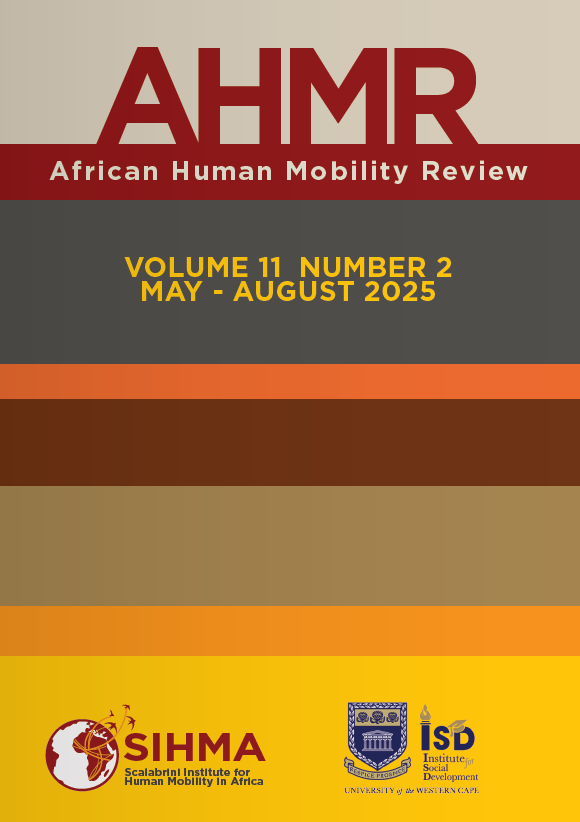Knowledge of and Attitudes toward Child Trafficking in Wolaita Sodo, Southern Ethiopia: Insights from the Origin Community
Main Article Content
Abstract
Child trafficking is a serious violation of children’s rights under international law, particularly the United Nations Convention on the Rights of the Child (UNCRC). Research on this issue in Ethiopia is limited, with few studies assessing public awareness and attitudes. This study aims to examine the knowledge and attitudes of residents in Wolaita Sodo town regarding in-country child trafficking using a mixed-methods approach with 448 participants. The research team collected data through structured questionnaires, focus group discussions, and in-depth interviews. For data analysis, the researchers used SPSS 26.0 software, applied descriptive and inferential statistical analysis wherever applicable, and analyzed qualitative data thematically. The findings revealed that the majority of participants (55%) lacked adequate knowledge about child trafficking, with the qualitative results supporting this finding. In contrast, 55.9% of participants exhibited positive attitudes toward child trafficking.
A significant correlation was found between knowledge levels and attitudes, with education and personal experiences playing a critical role. Multivariate analysis revealed that individuals with a first-degree education or higher were 3.25 times (1.21-8.81, p<0.05) more likely to possess a good knowledge of child trafficking compared to those who were less educated. Additionally, individuals with trafficked family members had 3.36 times (1.59-6.81) greater knowledge of child trafficking. In a similar vein, participants who had a first degree or higher educational qualification were 2.31 times (1.29-4.34, p<0.05) less likely to harbor negative attitudes toward victims of child trafficking and anti-trafficking initiatives compared to their less-educated counterparts. Furthermore, individuals with family members who had been trafficked were 0.44 times (0.47-0.27, p<0.05) less likely to display negative attitudes than
those without such experiences. Despite their positive attitudes, most participants lacked comprehensive knowledge of child trafficking, highlighting the gap between awareness and actionable understanding. This suggests that positive attitudes may not translate into informed action without adequate knowledge. The study recommends targeted educational initiatives to bridge this gap and improve public understanding and engagement.
Metrics
Article Details

This work is licensed under a Creative Commons Attribution 4.0 International License.
Articles and reviews in AHMR reflect the opinions of the contributors. AHMR allows the author/s to retain full copyright in their articles. This is an open access journal which means that all content is freely available without charge to the user or his/her institution. Articles are made available under a Creative Commons license (CC-BY-4.0). Authors who have published under a CC BY 4.0 licence may share and distribute their article on commercial and non-commercial websites and repositories of their choice. Users are allowed to read, download, copy, distribute, print, search, or link to the full texts of the articles, or use them for any other lawful purpose, without asking prior permission from the publisher or the author/s provided the author/s is correctly attributed. This is in accordance with the BOAI definition of open access.




